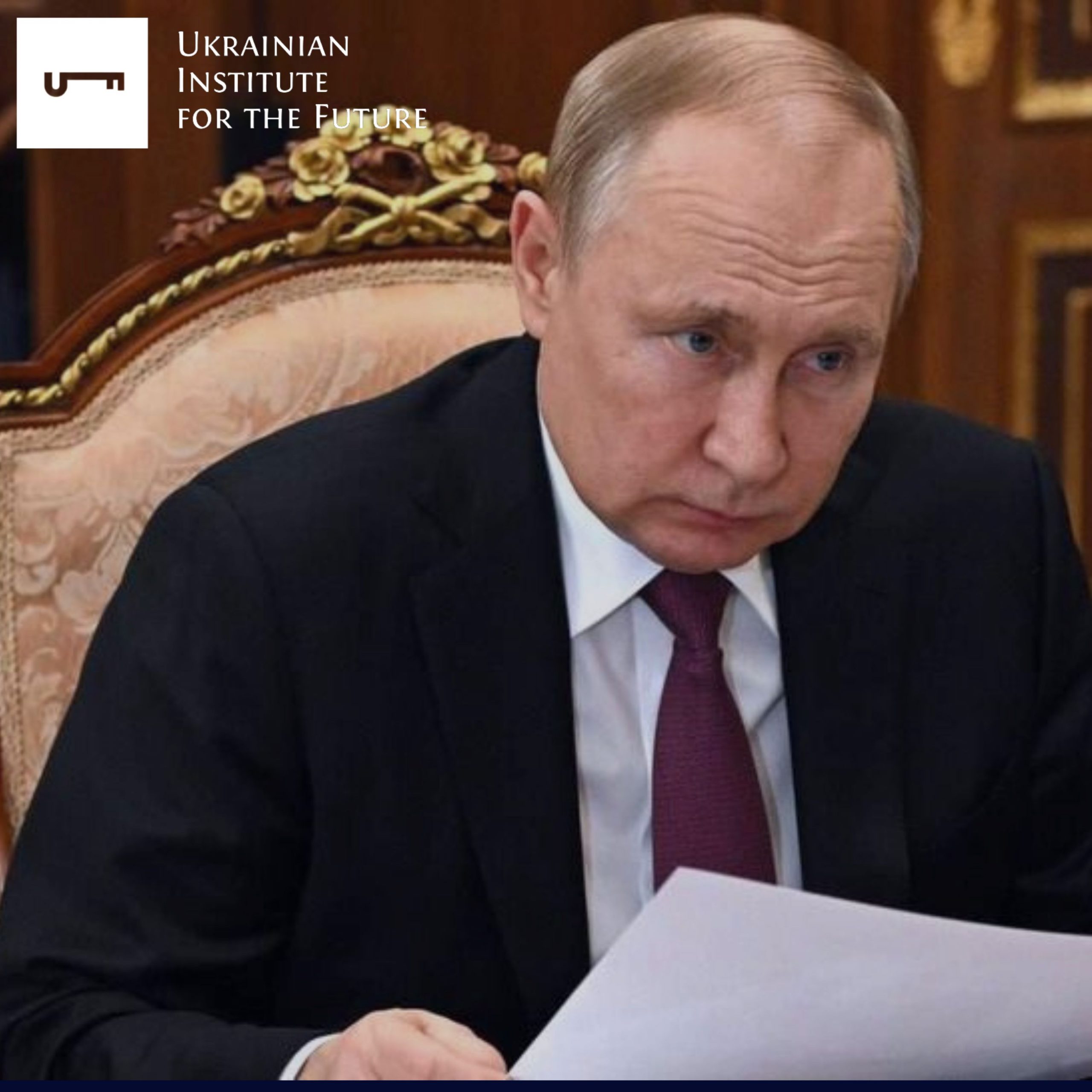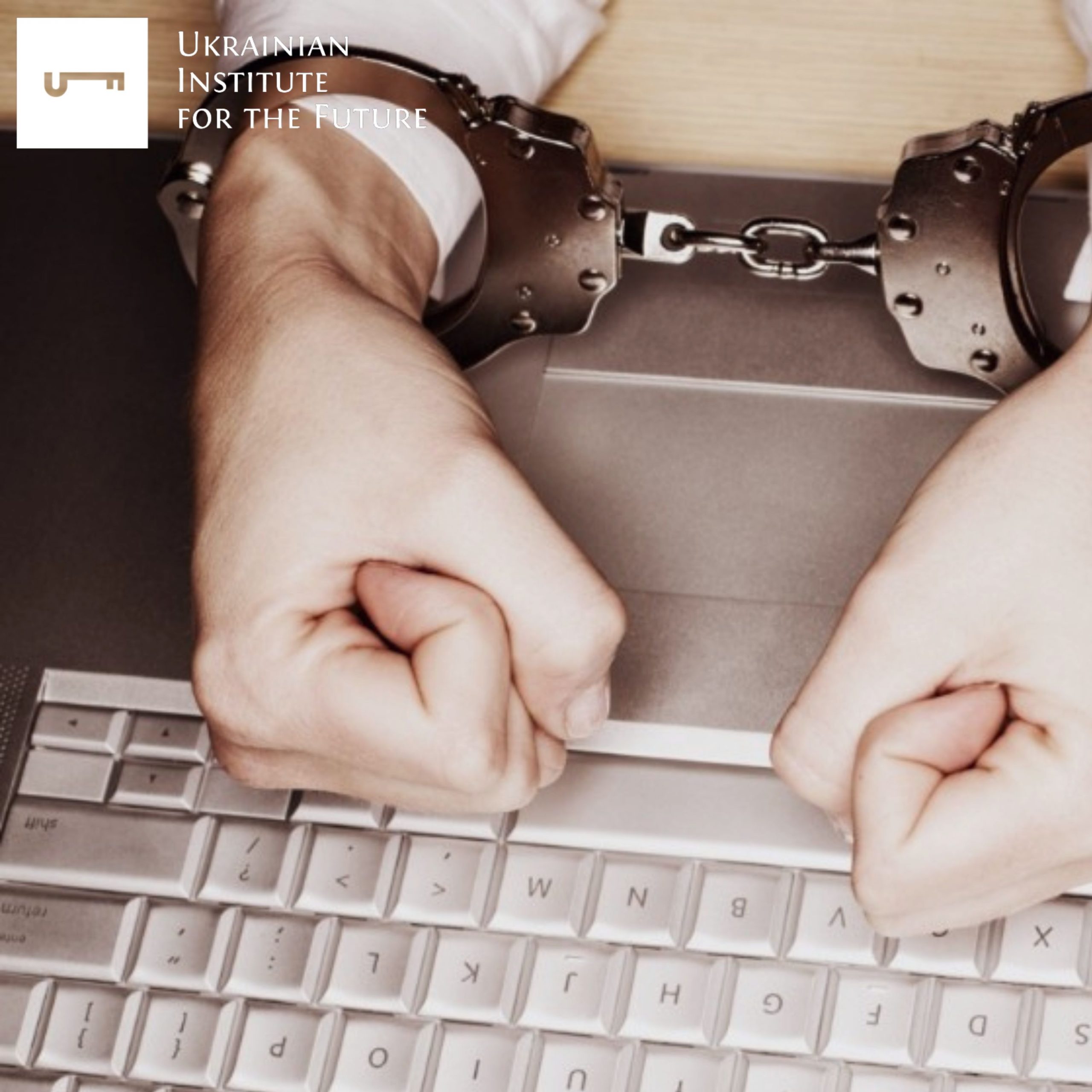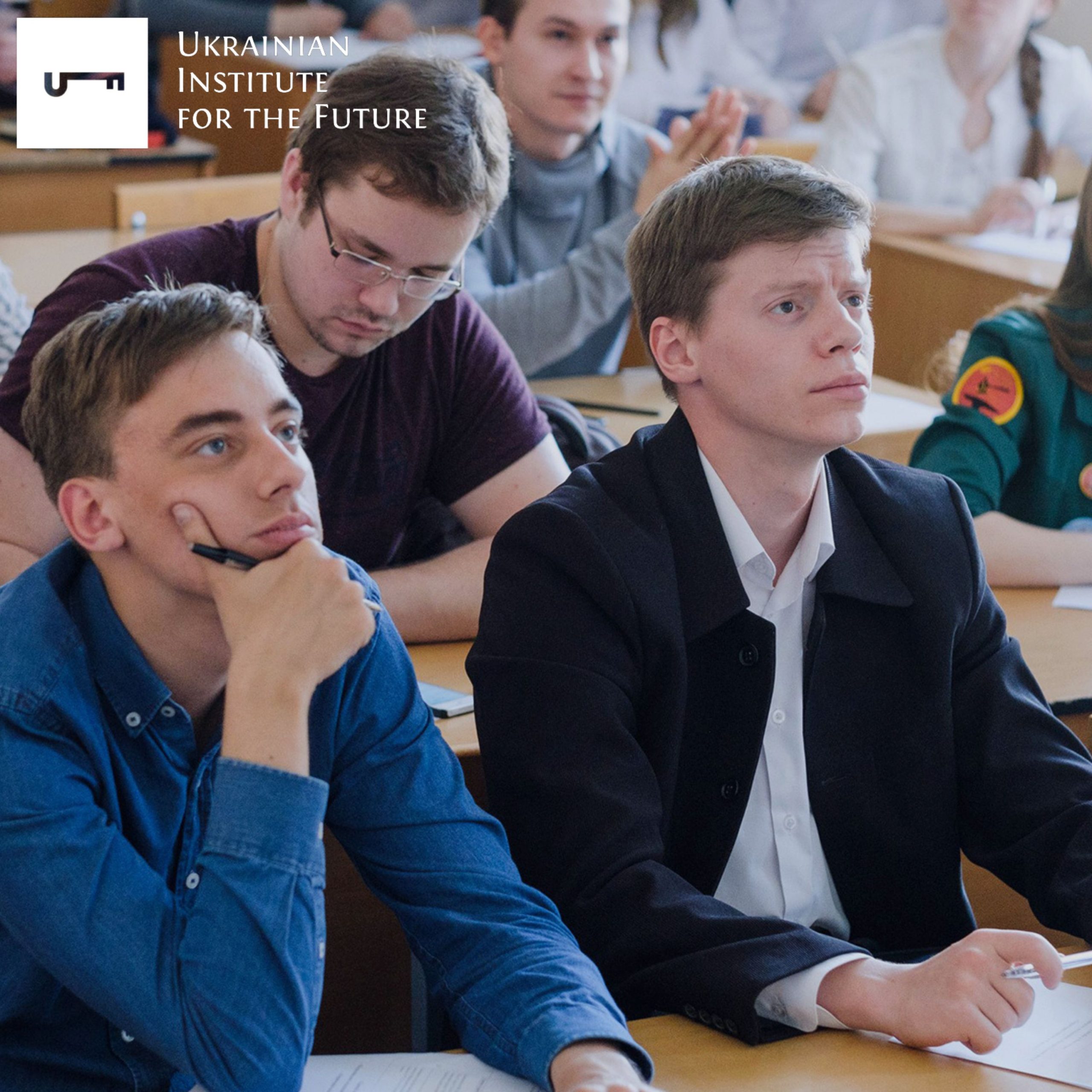“Russia’s way out of the crisis”
During a meeting with a delegation of African countries, Putin showed a document “initialized during the negotiations in Istanbul”. The fundamental thesis of the Russian leader during the event was that “Russia did not start this war, but it seeks to end it.”
Thus, the myth that Russia was ready to end the war more than a year ago has been created and is now again offering a way out of the crisis, while Ukraine (and the West behind it) rejects the idea of any negotiations.
Russia is trying to change the position of the conflict parties:
A) “Leave out of the brackets” is the question of who and why started the war, focusing on the need for peace. With such a position, the discourse of the aggressor and the victim recedes into the background, and the question of who wants peace and who does not comes to the fore.
B) At the same time – it expands the interpretation of the war, which, according to Putin, began in 2014 and during which Russia was “deceived all the time”: they did not fulfil the Minsk conditions, they “vilely took advantage” of a “gesture of goodwill” (escape from Kyiv in the north of Ukraine).
Russia directly appeals to Western societies
Western press coverage of the destruction of the Kakhovka HPP showed that the Russian Federation could effectively use “international standards of journalism” in its interests. In conditions where the responsibility of the Russian Federation for the destruction of the Kakhovka dam has not been proven factually, the Western media made the following message the critical message: “Both sides blame each other”.
In this case, the Russian Federation de facto achieved equalization of both sides of the confrontation in the eyes of the Western citizen (voter). Now, two fundamental theses are “superimposed” on this primarily formed idea:
a) There is a risk of an even bigger disaster – Zaporizhzhia NPP (ZNPP). As in the case of the Kakhovka HPP, there will be no “clear evidence” of who is responsible for it. Even worse – a nuclear disaster could happen, which the Westerner fears, regardless of whose hands the explosives are.
b) Russia offers peace (which would reduce the risk of a nuclear disaster), and Ukraine (and the Western elites for whom the voter votes) rejects the offer.
Here comes the logical question: “Why should a burgher in Bavaria or Liège accept the risk of a nuclear disaster for Ukraine to return some of its territories”? Western politicians are forced to pay attention to such questions.
“Russia is ready to be satisfied with conquered territories”
It is not mentioned directly. But the demonstration of the “Istanbul Agreement scarecrow” is a message that in March 2022, the Russian Federation was ready to be satisfied with minimal conquests. Still, after the refusal of Ukraine/the West from the agreement, it increased its ambitions by including “new territories” in the Russian Federation’scomposition. Now it is ready to stop, but in case of refusal, it will “go further” (“sanitary zone” on the territory of Ukraine – a hint of readiness to arrange a bloody slaughter in the border regions in the north).
This message is “reinforced” by two positions:
a) Absence of clearly marked objectives after the end of the Ukrainian counteroffensive.
b) Beginning of preparations for the elections in the “new territories” on September 10, 2023. Elections should become one of the elements of the territorial gains “fixation”.
“Russia offers negotiations”
Demands for “NATO’s rollback to the 1997 positions” have disappeared from the Russian propaganda agenda and its official rhetoric. The appeal to “demilitarization/denazification” has decreased significantly. Even, most likely, with the aim of public approval of this thesis, Peskov made a statement according to which “the task of demilitarization has been accomplished in many respects”. It can be expected that “denazification” will also be declared complete after some show trial of the “Azov” soldiers.
Instead, the Russian Federation willingly supports discussions on various peace plans: Chinese, African, and Vatican.
Thus, the “bait is thrown” to Western politicians, for whom the format of lengthy and protracted negotiations is familiar and comfortable.
“Russia coped with the counteroffensive”
The absence of significant successes of the Armed Forces in the first weeks of the counteroffensive is positioned by the Russian Federation as proof of Ukraine’s inability to solve its tasks in the war by military means. This thesis is being actively “pushed” into the Western information field. Putin is confident there will be no repeat of the “Kharkiv region liberation”. In the worst case – a “gesture of goodwill” in the format of the northeastern regions of Ukraine (but only in case of signing an agreement) or – a “difficult decision” by the Kherson branch.
Next – “programming the future”: Ukraine has nothing left, but negotiations since the counteroffensive do not produce results. If it refuses to negotiate, it becomes no longer a “victim of aggression” but “a tool of the real aggressor”.
As an “incentive for negotiations,” it will use such methods: nuclear blackmail (ZNPP, renewal of the campaign against the “Ukrainian dirty bomb”), missile blackmail (despite the high efficiency of Ukrainian air defense, regular shellings of the residential buildings), blackmail by expanding the theatre of war (“sanitary zone”).
Therefore, the new narrative lines of the Russian Federation are:
- Russia offers a way out of the war, but taking into account the realities “on the ground”.
- Russia seeks to end a war that it did not start.
- Russia is ready to rest on its laurels.
- Russia and Ukraine are two equal sides of the conflict, in which it is no longer important who is the aggressor and who is the victim; “everything is not so clear-cut.”
- Ukraine and the West reject peace.
- The continuation of the war is not beneficial to the population of Europe.
- Russia will cope (or has already managed) with a counteroffensive.
- Ukraine will not be able to achieve its goals on the battlefield.
- Under such conditions, the continuation of the war makes no sense; Russia offers peace.
- Russia is ready for a long series of negotiations.
As an alternative, hidden messages are offered:
- Have you seen Kakhovka? It was a warning. Next comes Zaporizhzhia NPP.
- A nuclear strike is irrelevant for now, but preparation and justification are underway (Karaganov’s article).
- Russia can start full-fledged military operations in one or more territorial theatres (northern Ukraine, Transnistria, a new offensive on Kyiv).
- The missile terror will continue (Putin especially emphasized that the Russian Federation can “reach” any building in Kyiv; most likely, this boasting should be read as a threat of regular ballistic strikes on the capital).
- The grain agreement will not be extended.
- The war will last indefinitely.
At the same time, there is no good reason to believe that:
- Russia is ready to use diplomatic tools for crisis resolution.
- The US and China, as global players, are willing to “get involved” in the advocacy of the peace process.
- Ukraine is prepared to renounce subjectivity and agrees to “peace at any price”.
- There is room for a compromise to suit all parties involved in the war.
Real goals of the Russian Federation:
- Use political and informational pressure to deter a counteroffensive.
- Get time to strengthen positions in captured territories and prepare for a new stage of aggression.
- Lowering the level of support for Ukraine cast doubt on the expediency of further investments by Western countries in the war.
- Clean up the aggressor and victim discourse, replacing it with the discourse of “supporters of peace against opponents of peace.”




